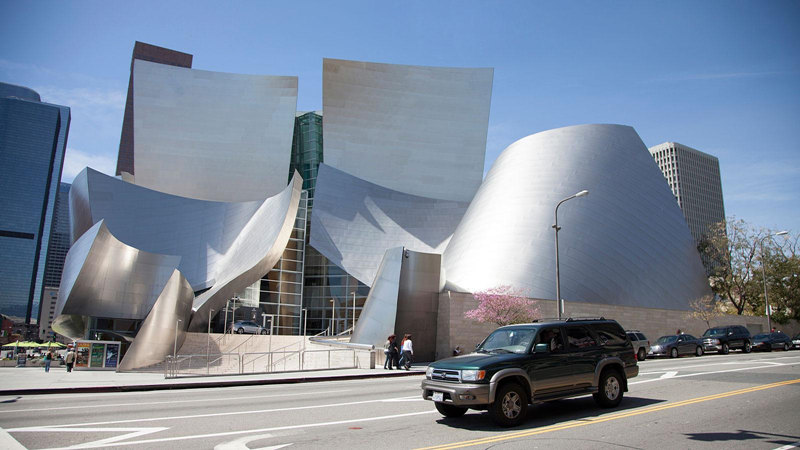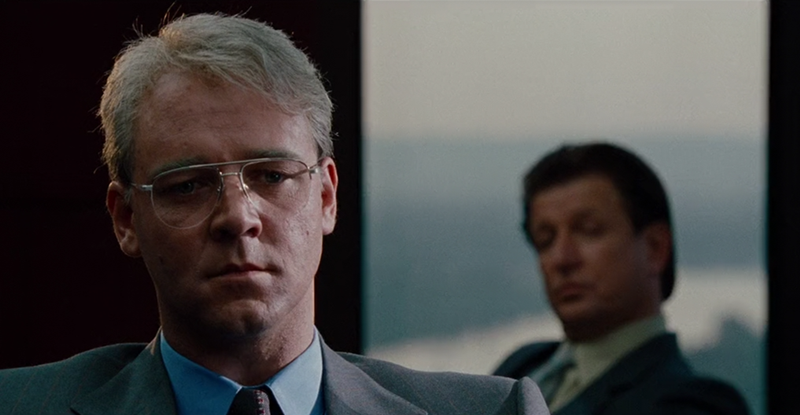“Indian recipes are like ragas” – Akbar, “Today’s Special”
I clearly remember the day I clashed with my brother–who is a professional cook and has been a sous chef at several restaurants–about how to cook a spicy Indian dish. I have never taken a cooking class or read a cooking book, but in spite of this, over the years I have learned to cook by myself, picking things by watching other people cooking food. For me, a recipe is not important, but my brother likes to utilize his culinary skills, always worrying about the recipe and the right proportions of ingredients. My brother’s methodical approach to cooking would occasionally clash with my spontaneous, nonprofessional cooking. The reason I mention this is because the protagonist, Samir (Aasif Mandavi), in “Today’s Special” (2009) is a sous chef by profession, a man who is simply speechless at his assistant Akbar’s (Naseeruddin Shah) wild approach to cooking. They argue about cooking styles, but eventually Samir lets Akbar run things his way, as Akbar tells Samir that cooking is all about mind, heart, and stomach. And at least in my cooking world, Akbar’s statement is so true.
Things are not simple for Samir anymore after he quits his job at a reputable restaurant. Samir decides to pursue a culinary course in French cooking in France, much to the dislike of his family. Samir’s plan is thrown in disarray when his father, Hakim (Harish Patel), suddenly suffers a stroke. Hakim runs a poorly managed local Indian restaurant. With no one to take care of the restaurant in his father’s absence, Samir is suddenly tasked to run the place. Samir’s problem is that he cannot cook Indian food, and his culinary skills are of no use. One day he meets a cab driver, Akbar, who agrees to work as a cook at Samir’s restaurant. Samir’s father, in the meantime, decides to sell the restaurant. Then, people become impressed by Akbar’s cooking, and the restaurant achieves a high rating among food critics, namely with the “Times.”
The whimsical characters make this film surprisingly entertaining. Shah’s character entertains us immensely, and his sequences with Samir infuse some lighthearted moments into the film. Shah (“Monsoon Wedding”), as always, manages to mold himself into any type of role with relative ease. Without Shah, the film would have been a forgettable affair, but he elevates the story, and we remember his character even after the movie ends. Shah’s performance is passionate, brimming with quirkiness.
Akbar acts as a mentor for Samir, and Samir without realizing it, learns a lot from Akbar. The script develops Akbar’s character fairly well, and we begin to understand his outlook on life and why he personifies happiness even when leading a loner’s life. Samir sheds light on his family matters and on Hakim’s struggle as an immigrant in the U.S. But Samir’s character, in spite of good insights, comes across as somewhat uncreative. For a professional chef, figuring out how to cook Indian food should be a creative exercise. But Samir struggles with an unimaginative mind-set, although some of his initial struggles are justified. On the home front, Samir is trapped by parental pressure, as his parents think that he is good for nothing.
There is another memorable character, Farrida, played by Madhur Jaffery, who is a noted food writer, responsible for single-handedly bringing several Indian dishes to the Western world in the 70s and 80s. Early in her acting career, Jaffery appeared in Ivory-Merchant productions, notably bagging a Best Actress Award at the Berlin Festival for “Shakespeare Wallah” (1965). Here, she takes a backseat, both in terms of acting and cooking, but her character of a worried mother is peculiar, too, with good intentions. Finally, the character of Samir’s girlfriend is inadequately developed, as we never quite understand her past.
I was surprised to see that this film was not directed by a Bollywood director. Credit goes to director David Kaplan for inserting Bollywood style elements, for instance, playing famous Bollywood songs in the opening titles and end credits. The direction places specific emphasis on cooking and food, with a tone that never feels alien or unauthentic. Aasif Mandavi and Jonathan Bines wrote the screenplay, which is composed of realistic situations and lifelike Indian characters, and their attention to ethnic details is never compromised. However, despite the positives, the film follows a predictable path, and we know at every step how it is going to end. That is why Shah’s character is so integral to the overall story; his unpredictability makes this film worth remembering.
Video:
The anamorphic transfer looks perfectly acceptable. The colors are good-looking, and for the most part, the video is crisp and clean. The transfer suffers in the indoor sequences, however, with weak shadows and average blacks.
Audio:
New Video has included an English 2.0 Dolby Digital audio track, and it works perfectly fine. Mostly a dialogue-drive affair, the words come out crisp and clean and are consistently audible.
Extras:
Among the extras, first, we get a set of three deleted scenes. Following these, we get a short interview with the writers, Asif Mandvi and Jonathan Bines, discussing the film’s characters and how the story presents the clash of two cultures. Next, “Cooking Sketch” shows Madhur Jaffery cooking a dish with okra. Mandvi appears in this segment, and he is irritating, since he interrupts Jaffery occasionally with his out-of-place sense of humor. Finally, we get a music video of the film’s opening song.
Parting Thoughts:
I was pleasantly surprised by “Today’s Special.” Its message that there is no specific recipe to deal with life is perfectly placed in the story line. The quirky characters bring laughs, and veteran actor Naseeruddin Shah turns in another fine performance. For a lighthearted entertainment representing a clash of cultures and cooks, one can’t go wrong with “Today’s Special.”


